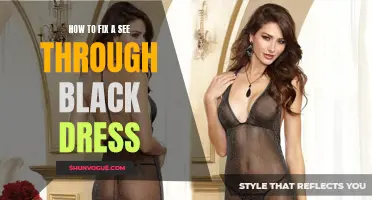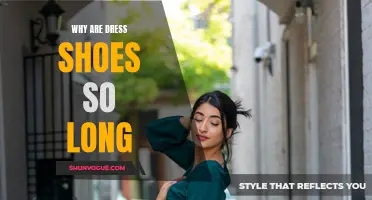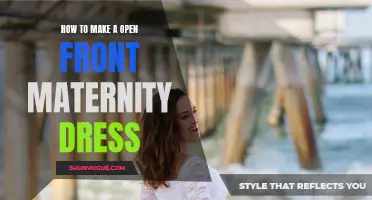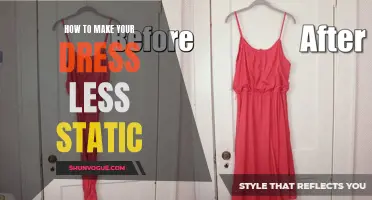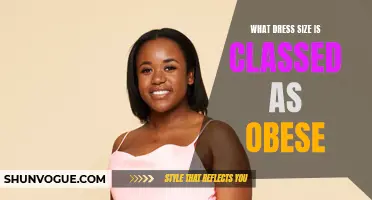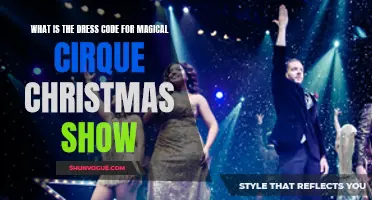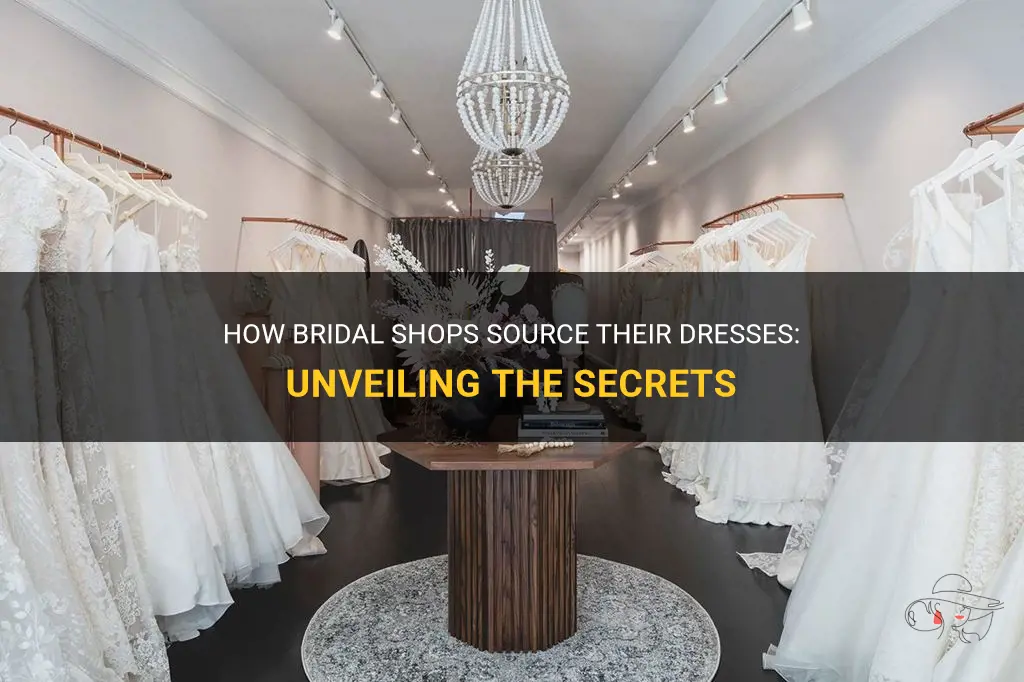
Bridal shops are a magical place where dreams come true and visions of the perfect wedding day come to life. But have you ever wondered where these bridal shops actually get their stunning collection of wedding dresses? From elegant ballgowns to chic sheath dresses, bridal shops source their inventory from a variety of places to cater to every bride's unique style and taste. So, let's dive into the enchanting world of bridal fashion and explore the fascinating journey of how these shops curate their collection of bridal dresses.
| Characteristics | Values |
|---|---|
| Style | A-Line, Ballgown, Mermaid, Fit and Flare, Sheath |
| Fabric | Lace, Tulle, Satin, Chiffon, Organza |
| Color | White, Ivory, Champagne, Blush, Nude |
| Neckline | Strapless, Sweetheart, V-Neck, Off-the-Shoulder, Halter |
| Sleeve Length | Sleeveless, Cap Sleeve, Short Sleeve, Long Sleeve |
| Train Length | Sweep, Chapel, Cathedral, Royal, Watteau |
| Embellishments | Beading, Appliques, Sequins, Embroidery, Pearls |
| Silhouette | Princess, Trumpet, Empire, Tea-Length, Mini |
| Back Style | Corset, Zipper, Button, Keyhole, Illusion |
| Waistline | Natural, Dropped, Empire, Basque, High-low |
What You'll Learn
- From where do bridal shops source their wedding dresses?
- Do bridal shops purchase dresses directly from designers or through wholesalers?
- Are there specific trade shows or events where bridal shops can view and purchase new wedding dress collections?
- Do bridal shops have a selection of both designer and non-designer dresses?
- How do bridal shops ensure they have a variety of styles and sizes to cater to different customer preferences?

From where do bridal shops source their wedding dresses?
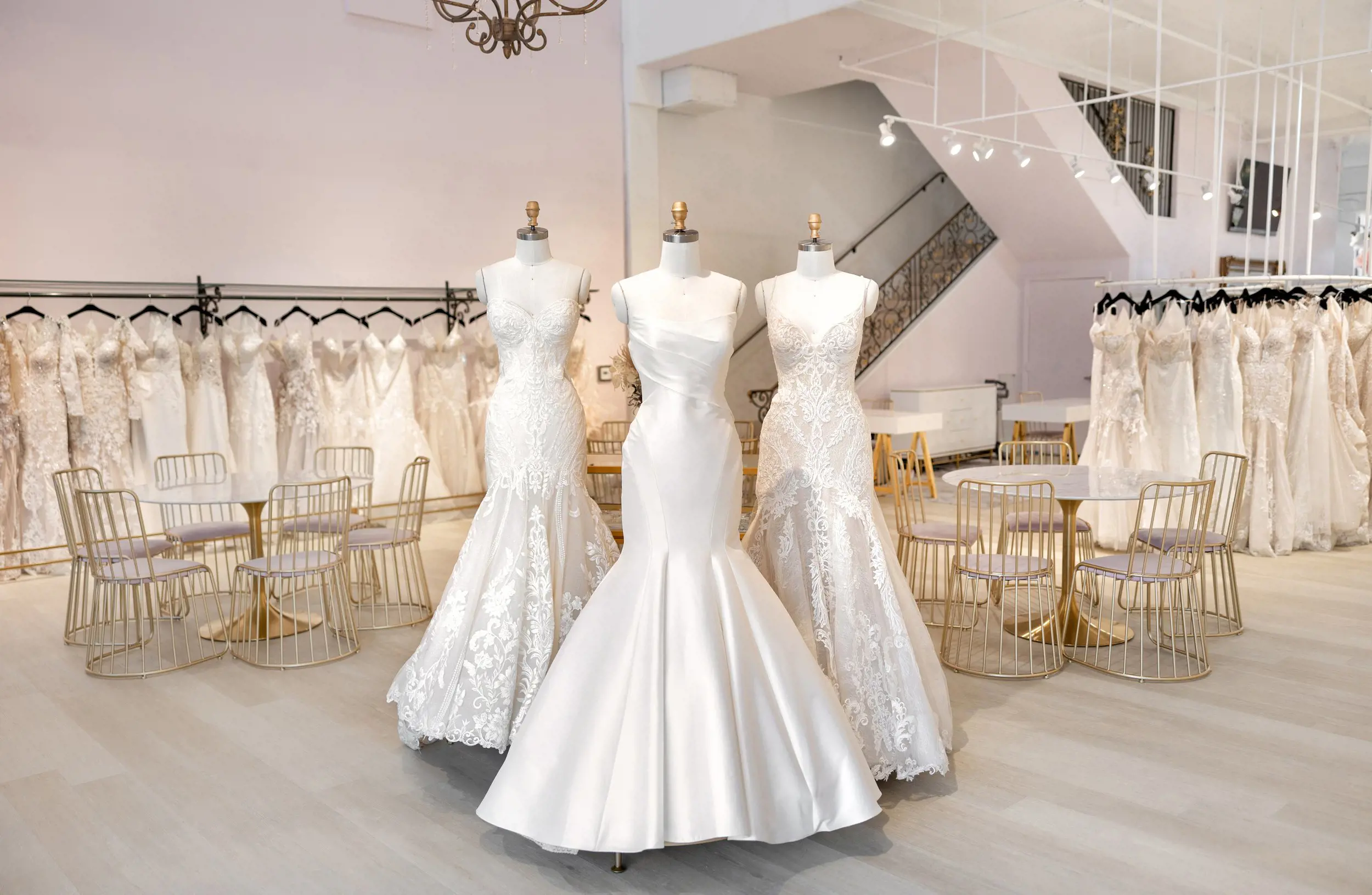
Bridal shops are one-stop destinations for brides-to-be looking for their dream wedding dress. These shops offer a wide variety of dresses, catering to different styles, preferences, and budgets. Have you ever wondered where these bridal shops source their wedding dresses? Let's take a closer look.
Bridal Designers and Manufacturers:
Bridal shops often work directly with bridal designers and manufacturers to source their wedding dresses. These designers and manufacturers create beautiful and unique dresses that are exclusive to their brand. Bridal shops establish partnerships and collaborations with these designers to offer their collections in-store. They attend trade shows and industry events to discover new designers and keep up with the latest trends in bridal fashion.
Bridal Marketplaces:
In addition to working with individual designers and manufacturers, bridal shops may also source wedding dresses from bridal marketplaces. These marketplaces serve as a platform where multiple designers and manufacturers can showcase their collections. Bridal shops can browse through the marketplace and select dresses that align with their brand and appeal to their customers. This allows bridal shops to offer a diverse range of dresses from various designers and manufacturers in one place.
Wholesale Suppliers:
Some bridal shops choose to work with wholesale suppliers to source their wedding dresses. Wholesale suppliers purchase dresses in bulk from multiple designers and manufacturers and sell them to retailers at a discounted price. Bridal shops can benefit from purchasing dresses at a wholesale rate, allowing them to offer competitive pricing to their customers. Additionally, working with wholesale suppliers gives bridal shops access to a wide selection of dresses from different sources.
Bridal Consignment:
Another source of wedding dresses for bridal shops is bridal consignment. Bridal consignment stores and services allow brides to resell their wedding dresses after the big day. Bridal shops may choose to partner with these consignment services to acquire second-hand wedding dresses in good condition. By having a collection of pre-owned dresses, bridal shops can offer more affordable options to budget-conscious brides while still maintaining the quality and style of the dresses.
Custom-made Dresses:
Some bridal shops also offer custom-made dresses. They collaborate with talented seamstresses and designers to create unique and personalized dresses for their customers. These dresses are made to measure and cater specifically to the bride's preferences and body shape. Bridal shops may work with individual seamstresses or have an in-house team dedicated to creating custom-made dresses.
In conclusion, bridal shops source their wedding dresses from a variety of channels. They establish partnerships with bridal designers and manufacturers, leverage bridal marketplaces, work with wholesale suppliers, and even acquire second-hand dresses through consignment services. In addition to offering ready-to-wear dresses, some bridal shops also provide custom-made options. By diversifying their sourcing strategies, bridal shops can cater to a wide range of brides' style preferences and budgets, ensuring that every bride finds her perfect wedding dress.
Teaching Your Three-Year-Old the Basics of Getting Dressed
You may want to see also

Do bridal shops purchase dresses directly from designers or through wholesalers?
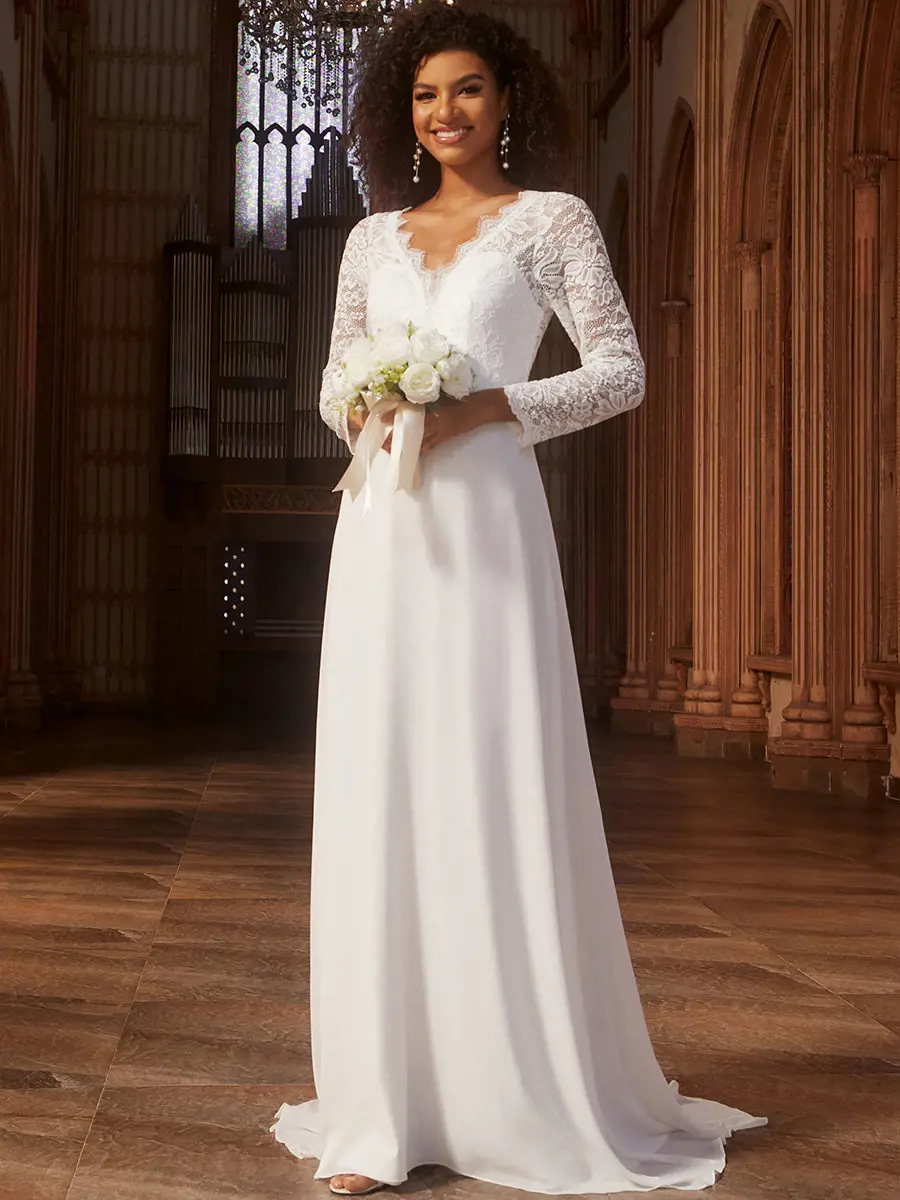
Bridal shops play a crucial role in the wedding industry. They are responsible for helping brides find their perfect wedding gown. One question that often comes up is how bridal shops obtain their inventory. Do they purchase dresses directly from designers or through wholesalers?
The answer to this question can vary depending on the specific bridal shop. Some bridal shops do indeed purchase their dresses directly from designers. This can be beneficial for both the shop and the designer. By cutting out the middleman, the shop can negotiate better prices and have more control over the inventory they carry. It also allows the shop to offer exclusive designs that may not be available through wholesalers.
On the other hand, many bridal shops choose to purchase their dresses through wholesalers. Wholesalers are companies that buy dresses directly from designers in bulk and then sell them to bridal shops at a marked-up price. This allows the bridal shop to have a wide variety of dresses to choose from, as wholesalers often carry multiple designers' collections. It also eliminates the need for the shop to negotiate with individual designers and manage the logistics of purchasing directly.
There are pros and cons to both approaches. Purchasing directly from designers allows bridal shops to have more control over their inventory and potentially offer exclusive designs. However, it can also be more time-consuming and require more effort to build relationships with multiple designers. Purchasing through wholesalers can be more efficient and provide access to a wide range of designs, but it may limit the shop's ability to offer unique or exclusive options.
Ultimately, the decision to purchase directly from designers or through wholesalers depends on the individual bridal shop's business model and goals. Some shops may choose to do a combination of both, purchasing some dresses directly from designers and others through wholesalers. This allows them to have the best of both worlds - access to unique designs while also having a wide variety of options for their customers.
To illustrate this further, let's consider an example. Suppose a small bridal shop wants to offer a specific designer's collection exclusively. In this case, it would make sense for the shop to purchase dresses directly from the designer. This would allow them to have exclusive rights to the collection and potentially attract brides who are specifically seeking out that designer. On the other hand, if a shop wants to have a wide variety of options for their customers, they may choose to purchase dresses through wholesalers. This would give them access to multiple designers' collections and ensure that they have a diverse selection to cater to different brides' preferences.
In conclusion, bridal shops can purchase dresses directly from designers or through wholesalers. The decision depends on the shop's business model and goals. Both approaches have their pros and cons, and some shops may choose to do a combination of both. Ultimately, the most important factor is providing brides with a beautiful selection of dresses that will make their wedding day truly special.
Age with Style: Tips for Dressing Flawlessly as You Get Older
You may want to see also

Are there specific trade shows or events where bridal shops can view and purchase new wedding dress collections?
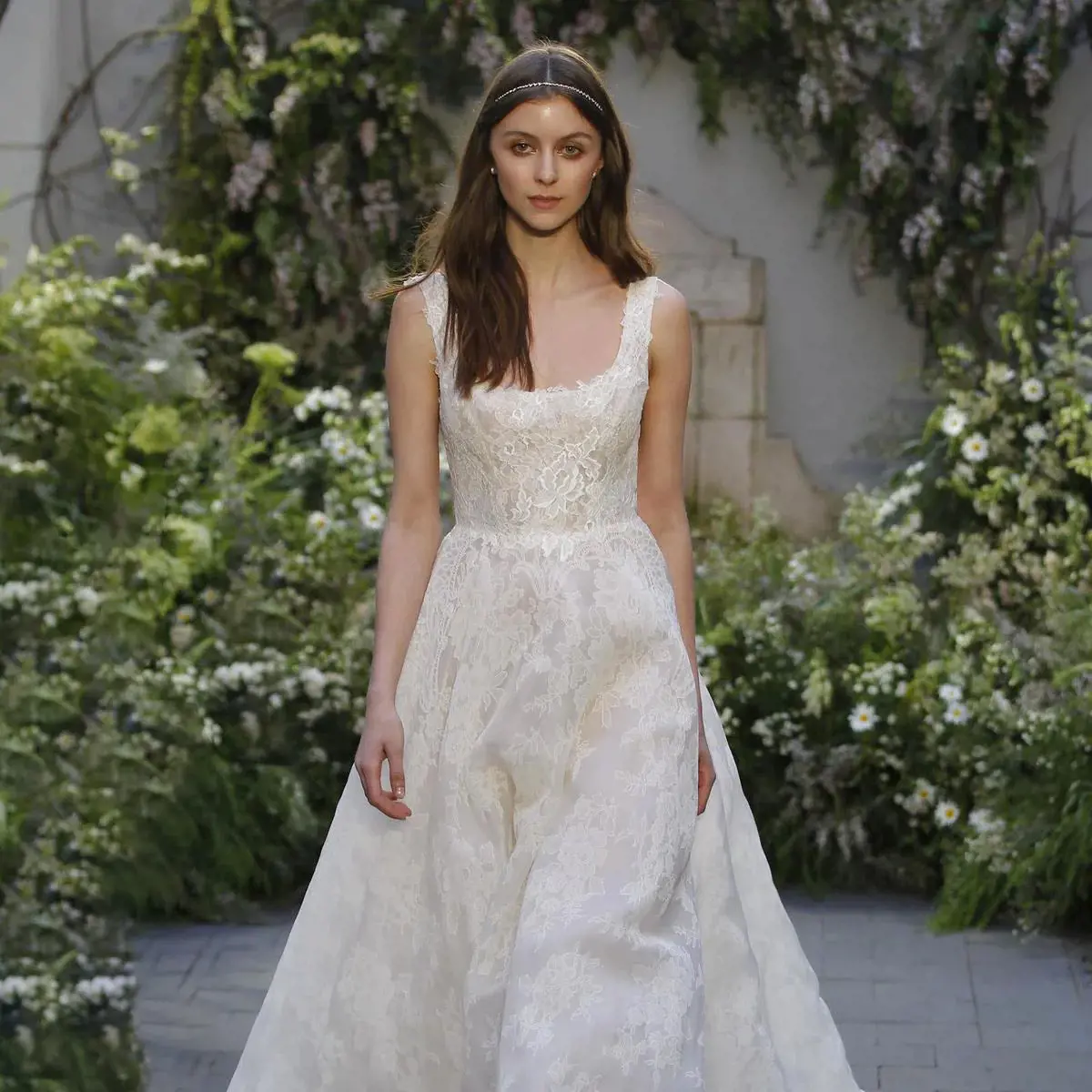
Bridal shops play a crucial role in ensuring that brides have their dream wedding dresses. To provide a wide variety of options to brides, these shops need to stay up-to-date with the latest wedding dress collections. One effective way for bridal shops to view and purchase new wedding dress collections is by attending trade shows and events specifically catered to the wedding industry.
Trade shows and events are organized on a regular basis in various locations around the world. These events bring together designers, manufacturers, and suppliers of bridal attire and accessories. Bridal shops can attend these shows to have the first-hand experience of viewing and assessing new wedding dress collections.
One well-known event in the industry is the Bridal Fashion Week. Organized in major fashion hubs like New York, London, and Paris, this event showcases the latest bridal collections from renowned designers. Bridal shop owners and buyers have the opportunity to witness runway shows, where models display the new dresses. The event also hosts an exhibition space where designers and brands showcase their collections. Buyers can directly interact with designers and make purchases for their shops.
Another notable event is The National Bridal Market Chicago, which is held biannually in Chicago, Illinois. This trade show brings together bridal industry professionals, including designers, manufacturers, and retailers. It provides a platform for buyers to connect with suppliers and view a wide array of new wedding dress collections. The event also includes informative seminars and networking opportunities.
Apart from these large-scale events, there are also regional trade shows and events specifically tailored for the wedding industry. These events cater to the local market and often feature local designers and boutiques. Attending these regional shows can be beneficial for bridal shop owners as they can discover unique collections that may not be available through larger distributors.
Attending trade shows and events not only allows bridal shops to view and purchase new wedding dress collections but also provides them with valuable insights into the latest industry trends and customer preferences. It gives them an opportunity to network with industry professionals, exchange ideas, and gain inspiration to enhance their own bridal offerings.
To make the most out of trade shows and events, bridal shops should plan their visits in advance. They should research the participating designers and exhibitors to identify those whose collections align with their target market. It is also helpful to create a budget for purchasing new dresses and accessories. Additionally, networking with other attendees can lead to valuable collaborations and partnerships.
In conclusion, attending trade shows and events specifically focused on the wedding industry is an excellent way for bridal shops to view and purchase new wedding dress collections. These events provide a platform for bridal shop owners to interact with designers and suppliers. Events like Bridal Fashion Week and The National Bridal Market Chicago are renowned in the industry, but regional shows can also offer unique collections. By attending these events, bridal shops can stay up-to-date with the latest trends and ensure that they have a diverse range of wedding dresses to offer to their customers.
The Secret Behind Gayle King's Fashion: Where Does She Get Her Dresses?
You may want to see also

Do bridal shops have a selection of both designer and non-designer dresses?
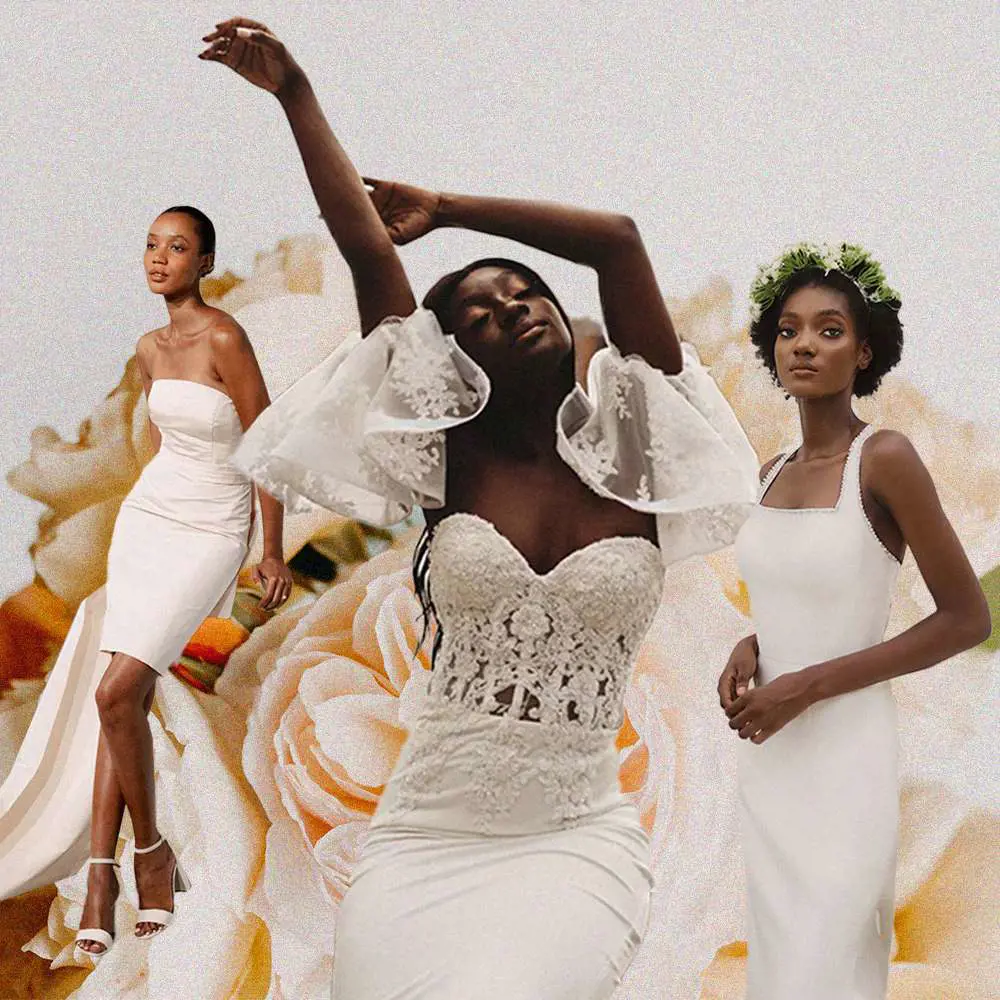
Bridal shops are known for offering a wide selection of wedding dresses for brides-to-be. When it comes to wedding dress shopping, many brides wonder if bridal shops have a selection of both designer and non-designer dresses. The answer to this question is yes, most bridal shops carry a range of dresses from both designer and non-designer brands.
Designer dresses are known for their high-quality craftsmanship, attention to detail, and unique designs. They are often created by well-known fashion designers and can be quite expensive. Designer dresses are a popular choice among brides who want to have a one-of-a-kind dress that makes a statement on their big day. Bridal shops that carry designer dresses usually have a curated collection of the latest designs from top fashion houses. These dresses are often made-to-order and require several months of lead time for production.
On the other hand, non-designer dresses are more affordable and mass-produced. They are created by bridal brands that cater to a wider range of customers. Non-designer dresses offer a variety of styles, from traditional and classic to modern and trendy. These dresses are readily available in bridal shops and can be purchased off the rack. Non-designer dresses are a great option for brides who are on a budget or have a shorter timeline for their wedding.
Bridal shops understand that every bride has different preferences, budgets, and timelines. Therefore, they strive to offer a diverse range of dresses to accommodate every bride's needs. By carrying both designer and non-designer dresses, bridal shops ensure that every bride can find a dress that fits her vision and budget.
When visiting a bridal shop, it is advisable to make an appointment to ensure a personalized shopping experience. During the appointment, a bridal consultant will work with the bride to understand her vision, body type, and budget. The consultant will then present a selection of dresses that meet the bride's criteria. This is where the bride can explore both designer and non-designer options and try on different styles to find the perfect dress.
To give you an idea of the variety of dresses available in bridal shops, here are a few examples of designer and non-designer brands:
Designer brands:
- Vera Wang: Known for her intricate lace details and romantic silhouettes, Vera Wang is a popular choice among brides looking for a luxurious and feminine gown.
- Pronovias: This Spanish bridal brand is known for its exquisite lacework and elegant designs. Pronovias dresses are favored by brides who want a classic and timeless look.
- Marchesa: With their intricate beadwork and ethereal fabrics, Marchesa dresses are perfect for brides who want a fairytale-like gown with a touch of glamour.
Non-designer brands:
- David's Bridal: A well-known bridal brand, David's Bridal offers a wide range of affordable dresses in different styles, sizes, and colors.
- BHLDN: BHLDN specializes in bohemian and vintage-inspired dresses. Their collection includes unique designs with delicate details and relaxed silhouettes.
- Morilee: Morilee offers a range of dresses that cater to different preferences and budgets. From simple and understated to glamorous and embellished, Morilee has a dress for every bride.
In conclusion, bridal shops carry a selection of both designer and non-designer dresses to cater to different brides' needs. Whether you are looking for a high-end designer gown or a more affordable non-designer option, bridal shops have a variety of dresses to choose from. Make sure to schedule an appointment with a bridal consultant to try on different styles and find the perfect dress for your wedding day.
The Timeline of Receiving Your Eshakti Dress
You may want to see also

How do bridal shops ensure they have a variety of styles and sizes to cater to different customer preferences?
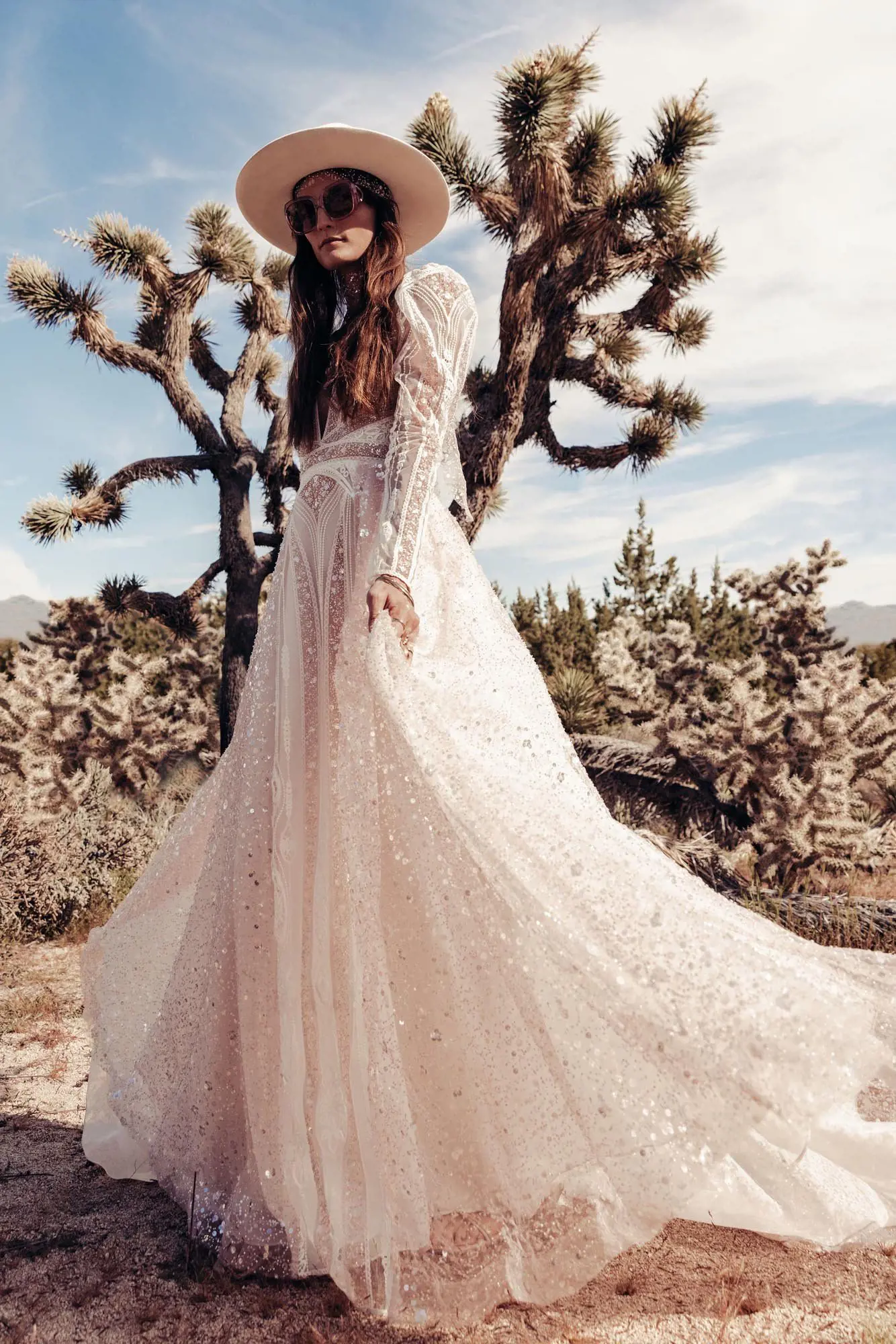
Bridal shops play a crucial role in ensuring that every bride finds the perfect wedding dress that suits their preferences, style, and body type. To achieve this, bridal shops employ various strategies to offer a wide variety of styles and sizes to cater to different customer preferences.
One of the key strategies that bridal shops employ is conducting market research and staying up-to-date with the latest trends. By keeping a close eye on the market, they are able to identify emerging trends and understand what styles are currently in demand. This allows them to stock their inventory with a diverse range of wedding dresses that cater to different preferences. For example, if there is a rising trend in boho-chic wedding dresses, bridal shops will ensure they have a selection of such dresses in different sizes.
In addition to following trends, bridal shops also rely on customer feedback and past sales data to understand what styles and sizes are popular among their clientele. They maintain detailed records of customer preferences, noting the styles that were frequently requested or purchased. This information helps them make informed decisions when sourcing new dresses. For instance, if a specific style of dress was consistently requested but unavailable, bridal shops will ensure to add similar styles in their inventory in the future.
Bridal shops also collaborate closely with wedding dress designers and manufacturers to ensure they have access to a wide range of styles and sizes. They attend trade shows and bridal fashion weeks to connect with designers and scout for new collections. By forging strong relationships with designers, they can request specific styles and sizes that their customers are seeking. This allows them to offer unique and exclusive options that are not available elsewhere.
Another strategy employed by bridal shops is offering customization options. Many shops work with skilled seamstresses or have in-house alteration services. This allows brides to personalize their dresses by making alterations such as changing the neckline, adding sleeves, or adjusting the length. By offering customization options, bridal shops can cater to a wider range of preferences and ensure that every bride finds a dress that fits her style and vision.
Furthermore, some bridal shops have recognized the need for inclusivity and diversity in their inventory. They ensure to stock dresses in a wide range of sizes to accommodate brides of all body types. This helps create an inclusive and welcoming environment for every bride, regardless of her size or shape. By focusing on body positivity and offering a diverse range of sizes, bridal shops are able to cater to the needs and preferences of a wider customer base.
In conclusion, bridal shops employ a variety of strategies to ensure they have a variety of styles and sizes to cater to different customer preferences. These strategies include conducting market research, staying up-to-date with trends, seeking customer feedback, collaborating with designers, offering customization options, and focusing on inclusivity. By combining these strategies, bridal shops are able to provide a comprehensive and diverse selection of wedding dresses that cater to the unique preferences of every bride.
Unlocking the Secrets: How to Retrieve Text Messages from Dress Barn
You may want to see also
Frequently asked questions
Bridal shops get their dresses from a variety of sources. Some bridal shops work directly with designers or manufacturers to order dresses specifically for their store. They may attend bridal fashion shows or industry events to see the latest designs and place orders for their inventory. Other bridal shops may work with bridal wholesalers or distributors who carry a wide range of dresses from different designers. Additionally, some bridal shops may also purchase pre-owned or sample dresses from individuals or other stores to offer a unique selection to their customers.
While some bridal shops may have their own in-house design or production team to create custom dresses, the majority of bridal shops do not make their own dresses. Instead, they rely on established designers and manufacturers who specialize in creating bridal gowns. These designers and manufacturers have the expertise and resources to produce high-quality and intricately designed dresses that meet the needs and desires of brides. Bridal shops then work with these designers and manufacturers to select the dresses that they believe will appeal to their customers and align with their store's style and brand.
Yes, it is possible to find unique or one-of-a-kind dresses at bridal shops. While many bridal shops carry a range of popular and well-known designer gowns, they also often have a selection of dresses that are exclusive to their store or limited in availability. These dresses may feature unique details, fabrics, or silhouettes that set them apart from more common styles. Additionally, some bridal shops may offer the opportunity to customize or personalize a dress, allowing brides to create a truly unique and special gown for their wedding day.


